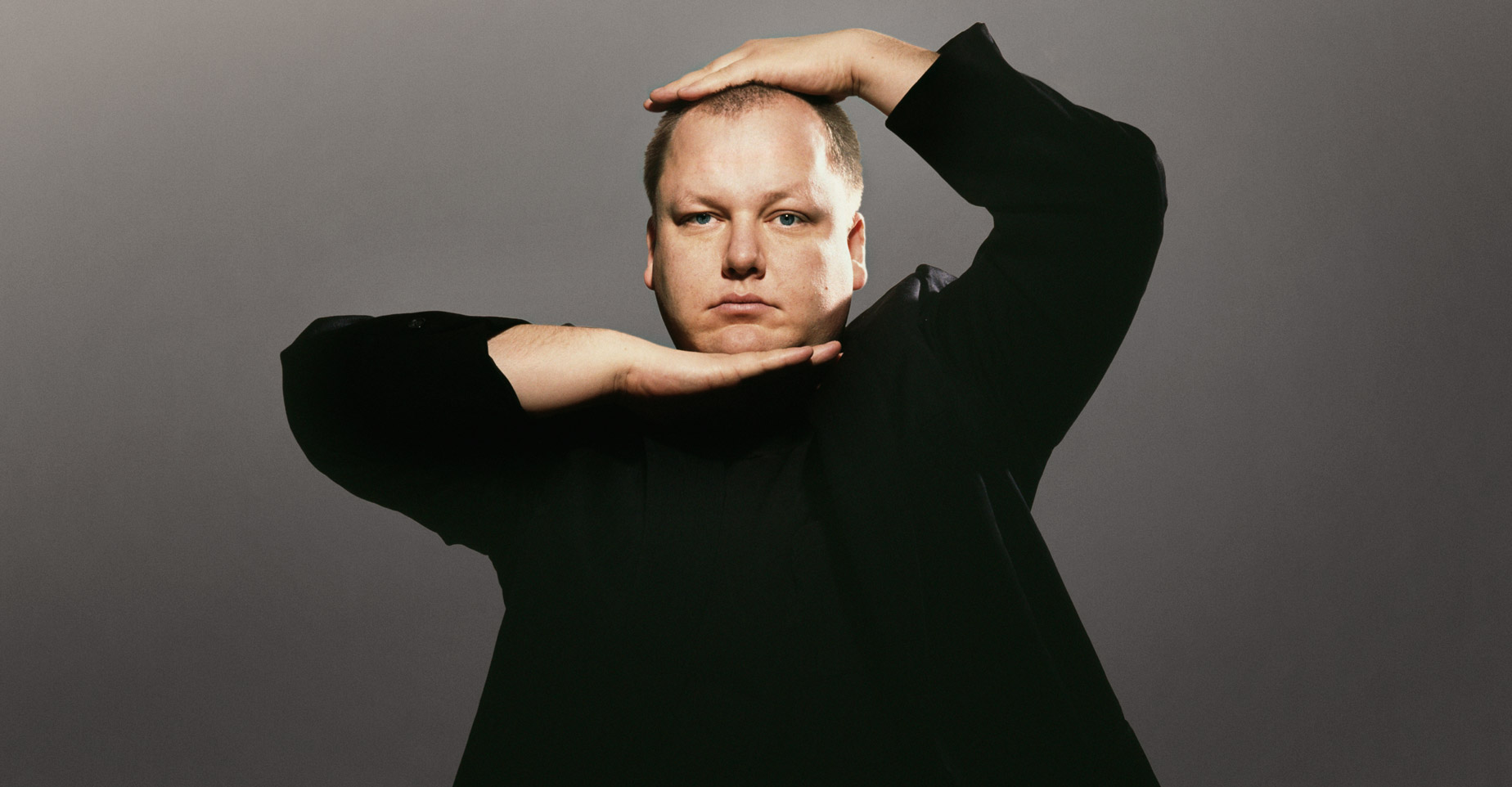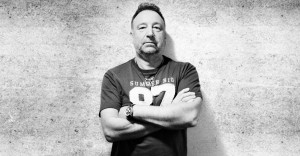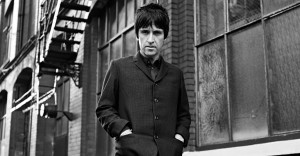Black Francis, after 25 years The Pixies music still sounds very modern. What makes music timeless?
We’re honest. People understand that. They’re able to make a connection because we’re not acting. We’re not pretending. It’s very real and because it’s very real the music is a bit more timeless. It isn’t overly associated with a particular time, a particular year, or a particular fashion. It is its own thing. I think that the people in the group are very honest about the way they present themselves. They’re not pretending to be something else. I think that if a group is able to be very honest like this, then it’s easier for the audience to make a connection with them. If you’re honest, then people believe you.
True to the spirit of indie, alternative music…
But back then alternative music or underground music was truly underground. It really was alternative. Now the whole idea of alternative is a kind of brand. There’s a lot of things pretending to be alternative, but I think that alternative music had more of an identity in the 1980s. By the 1990s, it became more confusing, what is actually alternative, what is actually mainstream. Some of it has to do with the internet. Now, everything is there. All the information is there. It’s all in a giant ball for everybody to see. It’s hard to focus on things. It’s hard for things to have an identity. I’m not saying it’s bad, it’s just different.
How has your relationship to music changed over the years?
It has not changed that much. I suppose I now have a tendency to write music that is a little more complex. It’s hard for me to return to a simple song like I would write in the beginning. I suppose that would be the biggest change: In the beginning it was very easy for me to write a simple song and now it’s more difficult to write a simple song. It’s easier to write a more complicated song. It’s more difficult to be simple and it’s easier to be more complicated. (Laughs)
Like Leonardo da Vinci said, “Simplicity is the ultimate sophistication.” Why do you think it’s harder to write simpler songs now?
I don’t know. Sometimes children are able to see many things because their brain isn’t full of complication. They’ll look around themselves, and they notice a lot of things that adults don’t notice. Little details. Because their brain is not full. And when your brain gets full, when you get older, you stop seeing things. You know, so it could be a similar kind of thing with music. As your brain becomes more full of things and full of more music, it becomes harder to see something, to write something simple.
Do you use anger to write music?
I don’t think so. I don’t think that’s where my music comes from. It doesn’t come from an angry energy.
Really? You wrote songs called “I Bleed,” “Wave of Mutilation,” and “Gouge Away” – and that’s just on Doolittle!
I think it comes from a more sensual place. It’s more about the pleasure. It may use aggressive or dramatic energy, but the force…. From an emotional point of view, it doesn’t feel like anger to me. Of course, it’s not all conscious. A lot of it is very hypnotic. It comes from a place that is not intellectual. It comes from a place that is more about emotion, about expressing, about allowing something to be without analyzing it. I’m in a trance. It’s hypnosis. I can’t give you the correct analysis of where it all comes from. It comes from some primal, deep, raw place. If I try to intellectualize it too much, then it starts to sound like a lie.
When did you realize the creative possibilities that music could offer you?
When I was about five years old, I think. I saw some drums in the window of a house of neighbor. I heard the sounds. I didn’t know what the sound was, but when it was quiet one day I looked in the window to see where the sound was coming from and I saw that there were these things that I would eventually learn was a drumset, drums. I think at the time that’s when I knew that I wanted to be associated with this kind of activity.
In the end was it difficult to make that dream a reality?
At times it’s been difficult to maintain it, but in the beginning it took me about one or two years before I was officially a working musician. It did not seem like it would be very hard. It came very naturally.
Were you ambitious at that time?
Not particularly, you know. I listened to music, I wrote some music. I can’t say that my attitude was necessarily ambitious… I wasn’t making records when I was 15 years old. I don’t think I was ambitious.
You once said you wouldn’t stop making music no matter how unsuccessful the season is. Is that still true?
Well, if you’re working hard but you’re not making any money those are times when maybe you doubt it. But I don’t have that problem now. Now I’m making money with music, but you know… I have other things in my life that I’m interested in, like painting, like being with my children, these kinds of things. So sometimes I wonder, “Maybe I don’t need to do music,” or that I need to spend less time doing it because other things are more important.
Painting is another passion of yours beside music?
Yeah, I paint. Sometimes I paint my children. I have a studio that I paint in. I’m going to go paint in it today, in fact. It feels good on your brain. It’s very primal. People have been painting since people have been people. You put some color on your finger or on a feather or on a piece of wood and you make a mark on the wall, you know? You make a mark on a great stone. This is something people have been doing since before they were writing words.
Is painting becoming more important for you than music?
I don’t know yet. It’s kind of a battle.
Return to Top

Short Profile
Name: Charles Michael Kittridge Thompson IV
DOB: 6 April 1965
Place of birth: Boston, Massachusetts, USA
Occupation: Musician





















Comments
write a comment, read comments